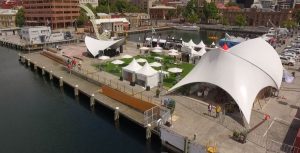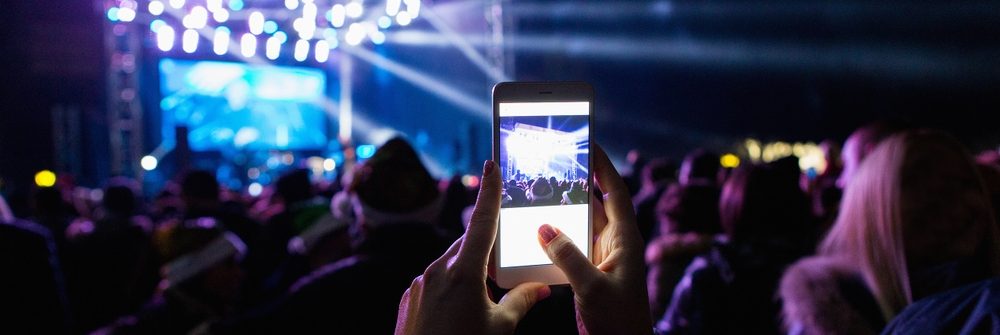Preparing for an event isn’t easy. With all of the different steps to manage, people to contact, strategies to plan – it can be an overwhelming process. To ensure that your event goes as smoothly as possible, you need to make sure that your toolkit is fully stocked. Not sure what tools you need to have? Let’s break it down into five important categories: social media strategy, event communication, venue, date/time and event goals.
Social media strategy
Having a solid social media plan for promoting your event is one of the most important event tools that you could utilise. According to Tourism Research Australia (TRA), 65% of Australians use social media, and nearly 30% of people who attended an event used social to engage with the event – before, during and after.
To begin, identify your event’s unique selling points. This could be anything from the type of event you’re hosting, any unique guests that might be attending or even a special venue or location that the event is being held at. These should be what you’re primarily promoting on your social channels, showcasing why your target audience should attend your event.
Event communication
TRA notes that there are a few different phases of event communications that you should be aware of, in order to properly promote your event to your target audience.
- Long term pre-event: This stage is all about raising awareness of the event. It also comes with the goal of building a group of interested individuals. Focus on hitting your target audience early on.
- Medium term pre-event: As the event starts to get a little bit closer, you’ll want to start advertising why your event is worth attending. Highlight any special guests you might be hosting, include information about how to purchase tickets and other important information.
- Short term pre-event: When the event is looming near, you’ll really want to start building up excitement. Post frequently on social media, provide more important information that attendees would need to know and focus on broadening your audience.
- During the event: Share the most exciting parts of your event, highlighting with photos and live streams/updates. Encourage your attendees to post on social as well, and re-post stories or photos that they might be publishing to social. CMS can assist you with ways to engage with your audience on social using event tech, or provide Social Media hubs throughout your exhibition spaces.
- Immediately after the event: Even after the event, you’ll want to keep the excitement going. Share some successes from the event, continue re-posting attendees’ experiences and seek out feedback from those who went to the event or volunteered at it.

Strategic venue
Finding an appropriate venue for your event is key to a successful and enjoyable experience. There are a handful of things to consider when looking into various venues. First, make sure that your venue is appropriate for your event and target audience. You don’t want to host an academic conference on a beach or at a nightclub, but instead perhaps in a hotel or professional gathering space.
You also want to choose a venue that is easily accessible. This includes being close to public transit or near ample parking. If this isn’t possible, consider adding your own transportation efforts to assist with getting attendees to the event. Another important thing to keep in mind – your venue should be handicap accessible both in and outside of the venue.
Date and time of the event
Finding an appropriate date and time for the event ensures that your attendees can actually come. Look closely at the proposed date of your event beforehand, and double check that it doesn’t fall on a holiday or religious date. Your event should take place on a day that is convenient to your target audience.
In terms of figuring out a time, it depends on the nature of your event and if it is being held on a weekday or weekend. Typically, weekday events should be held in the evening when people are out of work, whereas weekend events tend to be a bit more flexible.
Goals
Planning out your goals and strategy should be one of the first things you do to prepare for an event. What is it that you are trying to achieve? You can use these goals to organise the rest of your event accordingly. Your event could be focused on entertainment, fundraising, raising awareness of something or anything else. Whatever your specific goal may be, intend on implementing your goals into the rest of your strategic process.
Planning an event? Check out how partnering with CMS Australasia can help make it the experience of a lifetime.

